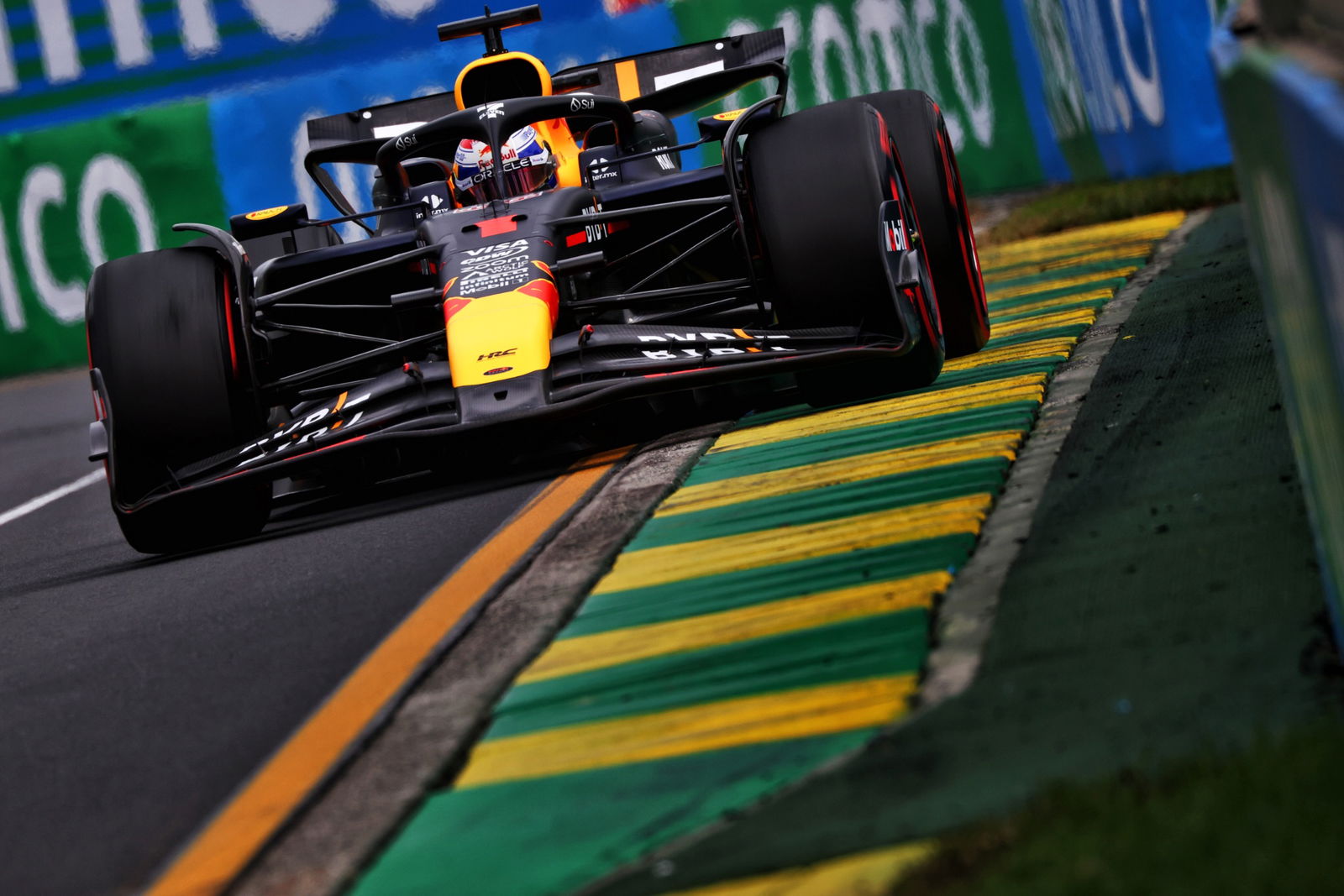Will “strange” penalty make Fernando Alonso change his approach?
Fernando Alonso's penalty for his aggressive defence against George Russell remains a hot topic.

Fernando Alonso insists his “strange” penalty at the F1 Australian Grand Prix will not influence the way he goes racing.
The Aston Martin driver was handed a 20-second post-race time penalty for driving in a “potentially dangerous” manner as he defended against Mercedes’ George Russell late on in Melbourne.
Taken by surprise at how quickly Alonso had slowed into Turn 6 on the penultimate lap of the race, Russell lost control of his car and crashed out.
Despite the penalty, Alonso stressed he is “clear” on the rules and will not change his approach.
“It was the hardest penalty of the season in terms of time lap, which is strange, but the fact it got penalised [was the main issue],” the two-time world champion said.
“It was a little bit surprising, the penalty in Melbourne. There is nothing we can do, we have to accept it and move on and concentrate on here.
“But I think it will not change much on how we drive and how we approach racing. There is no obligation to drive 57 laps in the same way. Sometimes we get a slower pace, to save fuel, to save tyres, to save battery.
“And sometimes we go slow into corners, or into some sectors of the track, to give the DRS to the car behind because that will be a useful tool if the second car behind is at a faster pace.
“All those things are completely normal. And it was, it is and it will be forever in motorsports. So we had one penalty, probably a one-off, that we will never apply ever again.”
Alonso said he is “100%” sure that the outcome would have been different if Russell had not crashed.
“If he was in Abu Dhabi with a run off area of asphalt or whatever, I think George will rejoin the track a few metres after that and will try to have a go on me on the following lap, or the following straight. And it will not be any problem,” he added.
However, Russell believes failing to punish Alonso would have set a dangerous precedent and “opened a can of worms”.








